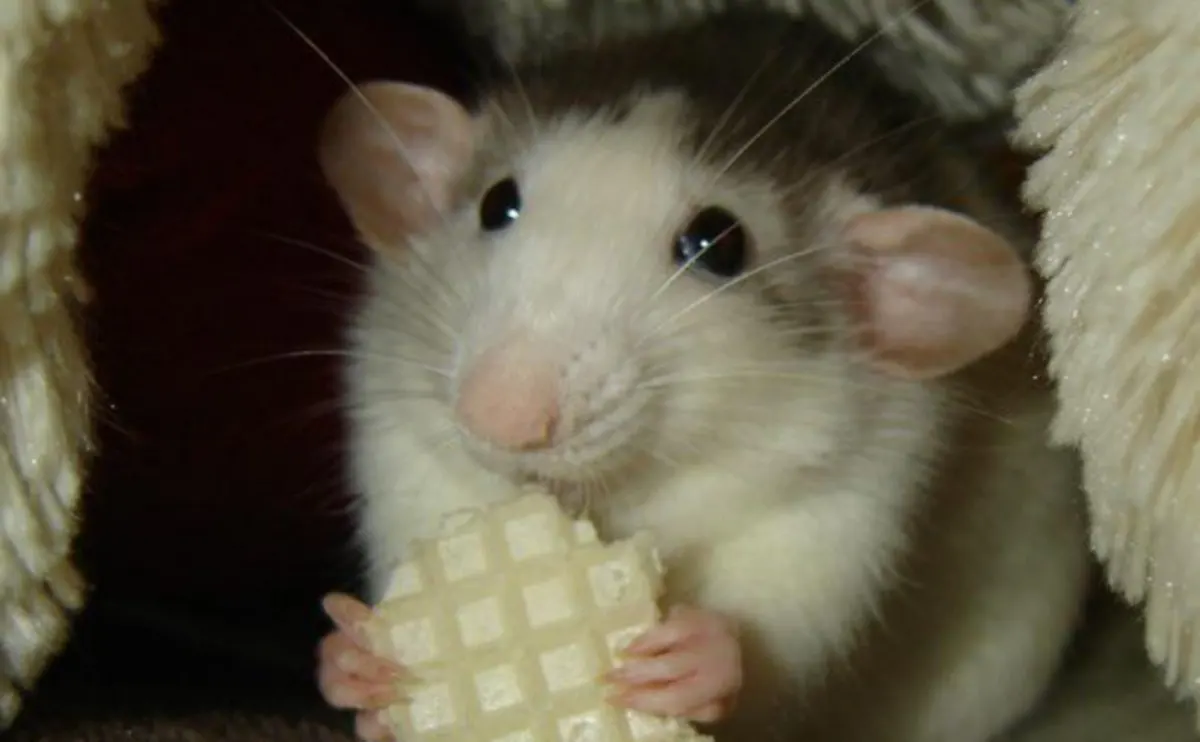Will mice bite you in your sleep? Mice have teeth and are likely to bite when they feel threatened, disturbed, or over-excited.
Anxiety is a typical feeling when there is mice infestation in your home—it scares you about the possibility of a mouse bite. Moreover, although mice bites are usually not serious, you still need to see a doctor if you get bitten. You risk infection from a rodent bite, and mice carry bacteria and viruses that can cause potentially lethal conditions.
The deer mouse, for instance, can carry the Hantavirus while the house mouse carries Leptospirosis and Salmonellosis diseases.

Will mice bite you in your sleep?
Mice can bite you in sleep but only when they feel threatened, overexcited, or disturbed. Moreover, mice have 4 incisors, 2 maxillary (upper) incisors, and 2 mandibular (lower) incisors—(see Diagnosis | Severe prognathic malocclusion).
Many people have created the impression that a mouse will attack and bite while you are sleeping in bed. Moreover, these rodents have been portrayed by Hollywood as “bloodthirsty”. Well, you can indeed be bitten by a mouse while sleeping, but the chances are slim—these critters are simply afraid of humans.
The number one reason they can climb on your bed is if there is any food source or water. Therefore, if you eat while seeing a movie in bed, do well to clean and get rid of any leftover crumbs, or else you will be inviting mice to your bed.
Is mouse bite dangerous?
Mice can carry several diseases like leptospirosis, hantavirus, tularemia, typhus, and even bubonic plague. On top of that, they host fleas. If you don’t take the needed actions to eliminate these ferrous rodents, you’ll find yourself dealing with an infestation.
That said, a mouse bite isn’t as dangerous as you may think. It is also advisable to see your doctor as it can potentially be harmful depending on whether or not the mouse biting you was sick.
Nevertheless, do not get fooled by the critters’ appearance. No matter how defenseless and cute mice look, they may host illnesses. Here are the most common diseases in mice:
- Hantavirus
- Hemorrhagic Fever with Renal Syndrome
- Leptospirosis
- Lymphocytic Chorio-meningitis
- Salmonellosis
The diseases above have one thing in common and that is how they are transmitted—through a mouse bite. A mouse bite is the most common way to possibly get an infection, but it’s not the only way. You can also get Hantavirus by breathing in dust contaminated with mice droppings through vacuuming or sweeping or by handling the excrements or mice evidence (poop, urine, saliva, and nesting materials) with bare hands. The same goes for Hemorrhagic Fever with Renal Syndrome and Lymphocytic Chorio-meningitis.
Also, consuming food contaminated by mice can have you infected with Leptospirosis and Salmonellosis. In essence, a mouse bite is just one of the ways of getting an infection from mice.
What does a mouse bite look like?
Mice do have strong front teeth that will easily break your skin if you get bitten. A mouse bite also causes a sharp pinching sensation and draws blood. In many cases, you will notice a single puncture wound after the bite.
As mentioned earlier, mice are only likely to come near and bite you in sleep if they feel threatened, even if it’s not intentional.
Mouse bite warning signs
If you have been bitten by a mouse, you may experience the following symptoms within 1-3 weeks after the bite:
- headache
- fever and chills
- muscle pain
- sore throat and vomiting
- swelling of lymph nodes
- ulcer at the wound
- skin rash
- red lines forming throughout the tear
- the lymph nodes on your neck, groin, armpit, or around the injury bloat up
- the wound starts to radiate heat
- the affected spots get tender to the touch
Do not hesitate to see a doctor if you experience any of these symptoms.
What to do if a mice bites you?
Below are the steps you need to take if you get bitten by a mouse:
- Clean the wound as fast as you can by placing it under running warm water. Do this even if there isn’t a visible tear on your skin.
- Take out any object left from the injury, like teeth, mice hair, or dirt.
- Squeeze the wound gently to draw possibly infected blood.
- In case of heavy bleeding, cover the tear with a sterile pad and apply pressure.
- Dry out the wound carefully, rub in some disinfecting solution, and put on a plaster.
- Take Paracetamol or Ibuprofen if you experience any sort of pain.
- Visit your doctor if the wound is severe.
- Get rid of the mice immediately.
If you get bitten by a mouse, whether a little nib or a major tear, the risk of developing a serious infection is high, especially if you’re an elderly person, a child, or a baby.
If you spot any signs of an infection, visit your physician. DIY mouse bite treatments, medications, and concoctions are not advisable. Many people frown upon the idea of receiving a shot but in cases like these, a booster for tetanus can practically relieve you.
One way to prevent a mouse bite while sleeping is to get rid of anything that will attract them to your bed in the first place. By nature, a mouse is shy and goes into panic mode quickly. It can gather the extra courage to bite usually if it’s hungry or feels threatened.
Read also: best mouse in sofa inductions
Conclusion
If you’ve tried to rid of a mice infestation or 1-2 mice on your property and nothing works, it’s time to book a professional mice extermination service. This practice should effectively get rid of mice visitors as well as your fear of getting bitten while sleeping.





